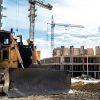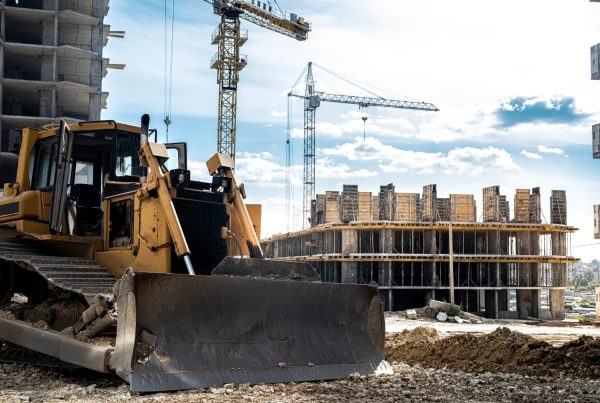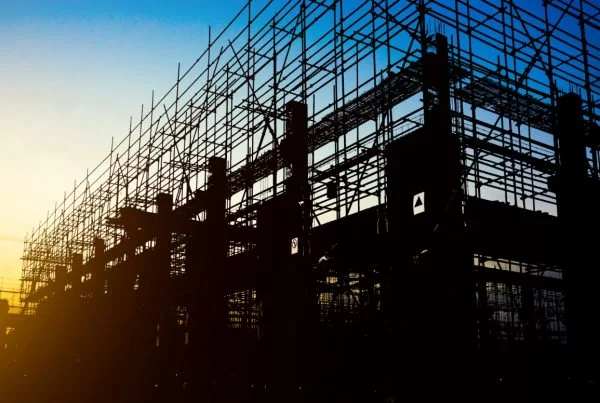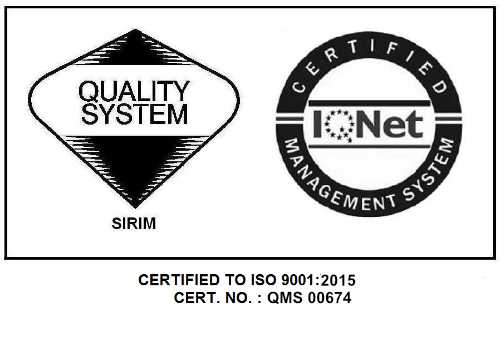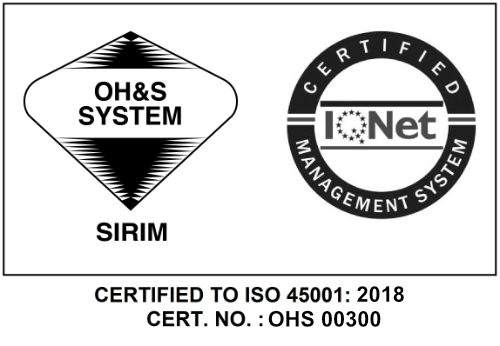
Indonesia’s new capital city, Nusantara, is more than a relocation project—it is a bold blueprint for sustainable and inclusive urban development. As Prof. Ir. Dr. Resdiansyah outlined during the Construction Sustainability Summit at ICW Borneo 2025, Nusantara showcases Indonesia’s long-term vision: a smart, green city that reflects the nation’s aspirations for 2045 and beyond.
In East Kalimantan, Nusantara will eventually span over 322,000 hectares, combining core government zones, urban centres, and ecological buffers. In its first phase, a 1,000-hectare fully functioning city ecosystem will be completed by 2024, housing key government institutions and supporting infrastructure.
But what sets Nusantara apart is its commitment to sustainability. The city has launched a Net Zero Strategy for 2045, aligning with global climate goals and biodiversity frameworks. It’s also Indonesia’s first city to establish an ESG (Environmental, Social, Governance) committee, guiding development with accountability and transparency.
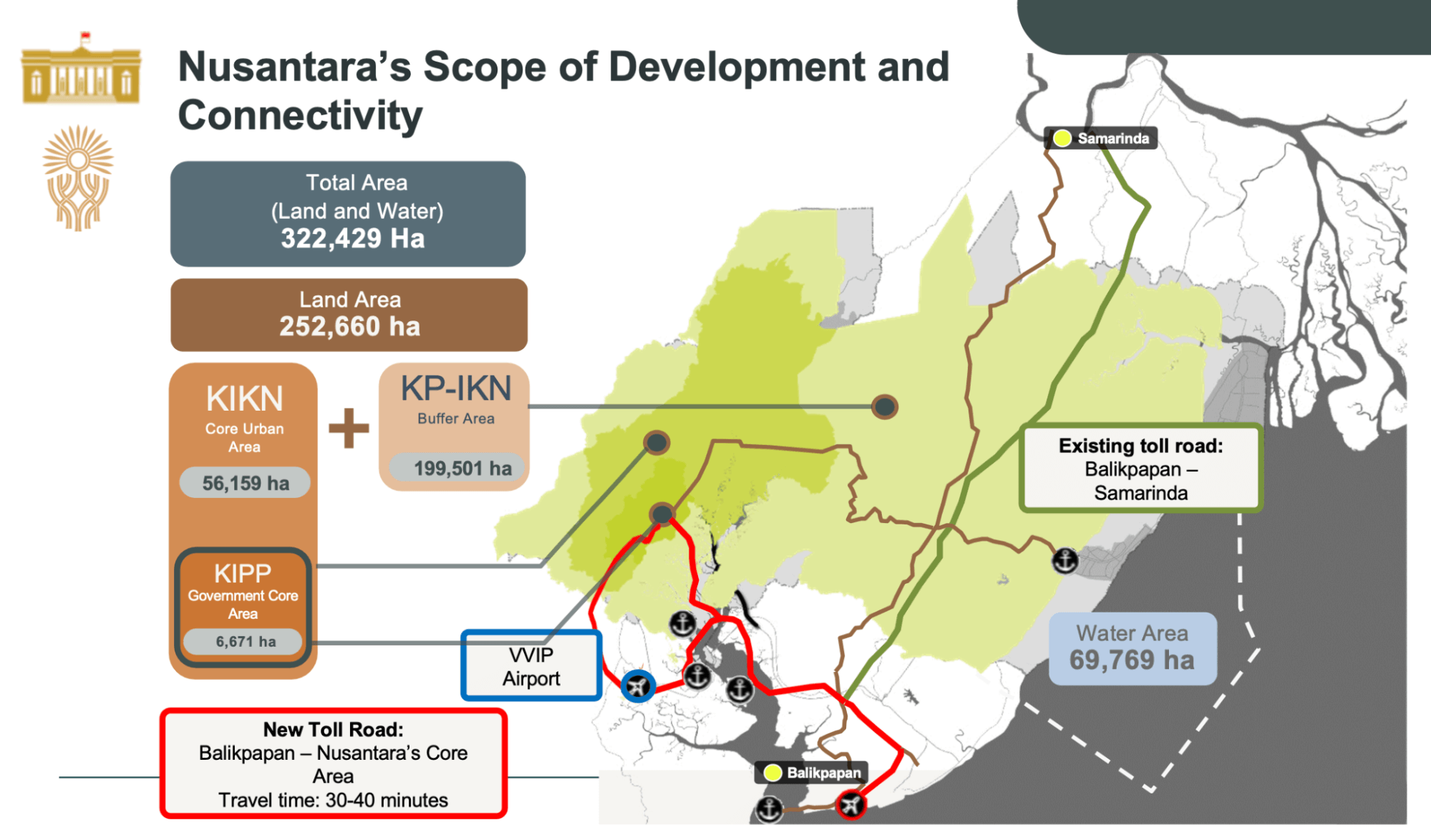
Technologies such as advanced air mobility, autonomous transport, smart grids, and IoT-based urban systems are integrated into the city’s design. These innovations support its five development principles: green, smart, inclusive, resilient, and sustainable.
Nusantara will also serve as an economic engine, divided into tourism, education, research, agriculture, and clean energy zones. Investment opportunities span housing, transportation, waste management, education, telecommunications, and medical infrastructure.
As Prof. Resdiansyah put it, Nusantara is Indonesia’s response to urban overpopulation in Jakarta and a declaration of intent: to lead the region in smart infrastructure, climate responsibility, and inclusive development. For regional partners and global investors, the city presents a unique opportunity to be part of something unprecedented.
Related articles:
PART 1: Indonesia’s Infrastructure Boom – A Nation on the Rise


